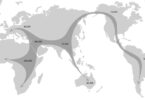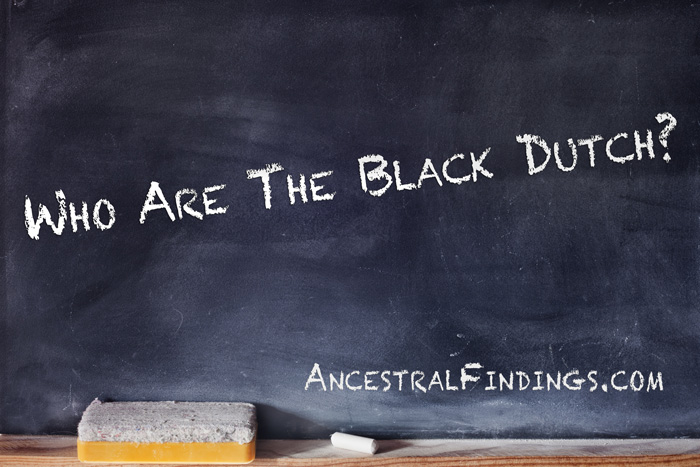Actually, no, they didn’t. This is a prevailing myth in genealogy research, and many beginning genealogists still believe it. But, the truth is, your family’s last name was almost certainly not changed at Ellis Island. That’s just not how the island operated when admitting immigrants into this country. Those who took the names of incoming immigrants were very careful to record surnames correctly. So, how did the myth of the Ellis Island name change get started, and why do so many people still believe it today? Here’s what you need to know about Ellis Island and the recording of incoming immigrant names.
Ellis Island operated as the nation’s main immigrant processing center between 1892 and 1954. During this time, more than twelve million people came to the United States through the island. Lots of people have it in their family lore that the family’s surname was changed to a more Anglicized version at Ellis Island because immigrant processors couldn’t spell the immigrant’s last name, or understand it when the immigrant told them. Yet, this myth has been disproven dozens, if not hundreds, of times in a lot of different resources. Anyone who is familiar with genealogy will know this is a myth. But, if you’re just beginning, you might still believe it. The myth is just not true, and this is why.
One of the first of several reasons names were not changed at Ellis Island is that the people doing the intake processing of immigrants did not write down the names. The names came from ship manifests that were originated in the nations where the ships departed for the United States. The names were far more likely to be recorded correctly, with their correct spelling, in or near the immigrant’s country of origin.
When immigrants arrived at Ellis Island, they had those manifests in front of them. Immigrants would line up to be processed, and the processors, usually attended by interpreters, would look up the correct name on the manifest. The intake processors also asked immigrants questions based on the manifests, and, using interpreters (except for people from English-speaking countries), made sure they had the correct person. Their goal was to ensure the person they were talking to was the same person they believed was listed under that name on the manifest.
Once a person was verified as the correct person on the manifest, they were checked off the manifest and admitted (usually) into the country. The manifests served as checklists for the processors and eliminated the need for them to write down any names. This meant there was no chance of them spelling the name wrong, or changing it because they didn’t understand its pronunciation. If the Ellis Island employees changed anything about a name on a manifest, they usually corrected a misspelling indicated to them by the immigrant through their interpreter. Names were never scratched out and new, Anglicized ones written above them in their place.
The only time names ever really changed at Ellis Island is if the immigrant decided to change their name to fit in with American society or the local community to which they were moving. Sometimes, they changed their name before even getting on the ship to come to America. There was no requirement to immigrants to use their real last name when coming to America. They could give themselves any name they liked. As long as the name they gave matched up with the answers they gave according to their profile on the ship’s manifest, they were good to enter the nation and use the name they chose. They could even give their new name when they were being processed into the country, as long as they could be identified with someone on the ship’s manifest. They could also start using a new name once they entered the country after they got by the Ellis Island intake employees. But, Ellis Island workers did not change names for immigrants.
There were some incidents where people even changed their gender when they entered the United States. This was usually women pretending to be men because of the better work opportunities available to them. Most of the people who did this were never discovered. Those who were, perhaps because of getting medical treatment or being involved in a romantic relationship, were not required to go back to using their birth name of their actual gender. Once they were in the United States, they were free to be whoever they decided they wished to be. The few who were discovered made news headlines for a while, then disappeared back into American history, sometimes using their original identity, sometimes continuing to use the new one they gave themselves upon arrival in this nation. The rules for the use of names at Ellis Island and subsequent residence in the United States were that liberal.
If you have always been told that your family’s surname was changed at Ellis Island, it is crucial as a genealogist to look further into the story. Look up birth and marriage records for your immigrant ancestor in their country of origin, and compare them to the way their name is spelled on their Ellis Island intake form, as well as on the ship manifest of the ship that brought them to the United States. If there is a discrepancy, especially if the name looks Anglicized, look deeper into the story to find out why. Checking additional Ellis Island records and old newspaper records in the United States regarding your ancestor may give you a better idea of why the name is different.
If your ancestor’s name is the same on the Ellis Island records, ship’s manifest and Old Country records as the name you use now, then you can be reasonably certain that was always your family’s name. Most of the time, this is what you will find, and that the name change story is just a fairy tale. Even if the name is different, you can be reasonably sure your ancestor chanced it, and not the people who worked at Ellis Island.






